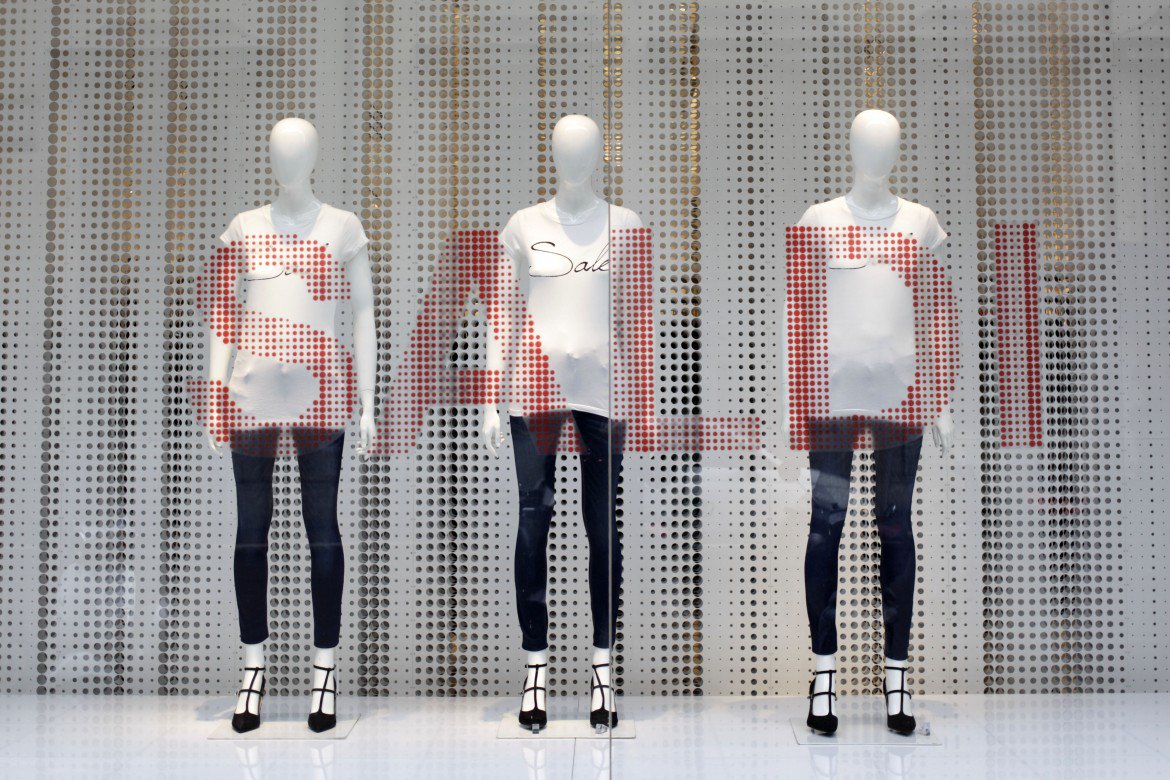Analysis
Why Renzi’s €80 stimulus didn’t stop the first deflation in 57 years
Consumers used the money to pay debts or socked it away in their savings. Meanwhile, oil prices and weak consumer demand are hurting producers and causing “bad deflation.”

Former Italian Prime Minister Matteo Renzi’s €80 and the monetary flood from the European Central Bank’s quantitative easing were not enough: ISTAT has determined that in 2016, Italy remained in deflation. It is the first time this has happened in more than half a century. In 1959, the decline in consumer prices was 0.4 percent. In 2016, it was 0.1 percent.
The agreement reached in early December among the OPEC countries to reduce oil extraction in order to increase prices may have influenced these effects. Crude oil is back above $50 and it was precisely this energy component that buried the general index. It caused the upturn in inflation recorded in December with prices rising by 0.5 percent due to the high cost of gasoline. In a month, the price of diesel for transportation and heating increased.
Deflation means a lack of domestic demand, which will be hit further with the sting of rising household bills in January. “ISTAT has not incorporated yet the increase of electricity and gas in January, which will add €52.50 for each family,” says Massimiliano Dona of the National Consumers Union.
Dona is asking the government to intervene. According to ISTAT, the largest decreases were recorded on housing prices, water, electricity, transportation and fuels. “This trend is caused by the energy prices component,” ISTAT confirmed. The prices of food, education, hotel services and catering are also holding back, while entertainment, culture, clothing and footwear have gone up. The cost of social and health services and healthcare are stable.
“In the last eight years, consumption fell by €80 billion. It’s as if every family had reduced purchases by €3,333,” said Carlo Rienzi, director of the Italian consumer group Codacons (the Coordination of Associations for the Defense of Environment and Users and Consumer Rights).
This reduction has severely impacted domestic consumption. “Over 16 million people have reduced their purchases of meat last year alone. More than 10 million purchased less fish, and 3.5 million do not buy produce,” according to research from the department of the CIA-Italian Farmers association.
When consumers are crying, producers aren’t laughing. At the other end of the production chain, the prices obtained by farmers in the fields do not even cover production costs. The CIA gave the example of the cereals market. By October, cereals have lost 14 percent of their value compared to 2015. Vegetables lost 18 percent and poultry 9 percent. For every euro spent by the consumer, only 15 cents go to the farmer. And this despite the increase reported by ISTAT. The only winner in deflation are the distributors. Both the consumers and the producers lose. In turn, the businesses earn less and can begin to lay people off to reduce costs.
“Farmers had to sell more than three liters of milk to drink a coffee or 15 pounds of grain to buy a loaf of bread, and the situation is no better for eggs or meat,” Coldiretti estimates. “Despite the collapse in the prices of agricultural food prices, the prices of foodstuffs do not go down due to the speculation and supply chain distortions on the road from farm to fork. The flow of wild imports has an impact, these are an unfair competition because labels do not indicate the origin.”
That’s what’s known as “bad deflation” — low demand, low wages, a growth of poverty and “severe material deprivation.” That is, the inability to secure protein meals every day or the inability to face unexpected expenses of at least €800. In these conditions, the consumer does not spend because he has no money and if he receives some — like the €22 billion of public funds spent by Renzi for employees making between €8,000 and €26,000 monthly — he uses it to pay off debts, or saves it in the bank.
This is the “secular stagnation” described by Larry Summers: anemic growth, job insecurity, financial instability. All the elements are there.
Originally published at http://ilmanifesto.info/in-deflazione-dopo-57-anni-inutili-gli-80-euro-di-renzi/ on 2017-01-05
